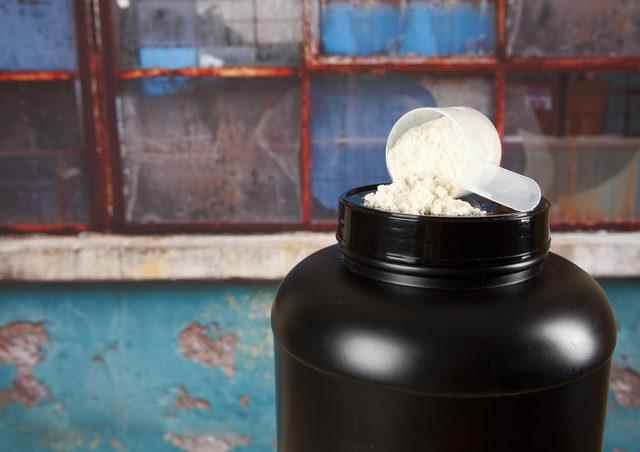It is easily digested. It mixes quickly with the blood. It gives energy quickly as it is easily digested. It has a very high glycemic index. This is why it is used in sports drinks or supplements. It can be used before, during or after training. It quickly provides the energy that the person needs. It is seen as a good alternative to provide fast results. Dietitian Gülçin Işık made detailed explanations about “maltodextrin”, a sugar product that is frequently encountered in additives.
EASY TO DIGIT
Easy to digest, it is very convenient especially for long-term athletes such as athletes. Studies have shown that use during training has a positive effect on the performance of the athlete. Since it is an easily absorbed carbohydrate source, it helps to increase performance and increases endurance during training.
WHAT ARE THE DAMAGES?
Its nutritional value is close to zero. It is a sugar-like item. It’s about 12 calories. There are almost no vitamins or minerals in maltodextrin, which we know as starch.
It is considered to have a high glycemic index due to its rapid mixing with the blood. In people with insulin resistance and diabetes, it triggers an increase in appetite as it quickly raises and lowers blood sugar. The low glycemic index value should be below 55. Medium glycemic index value: It should be around 51-69. Above 70 is considered a high glycemic index. The glycemic index of maltodextrin varies between 106-136. So it can trigger diabetes.

Although it is used to increase performance in athletes, it does not show the same effect to everyone. For this reason, it is more inconvenient to use in individuals who do not do sports. It can cause weight gain. It can be recommended for individuals who want to gain weight.
This nutrient is highly processed. For this reason, we can say that it triggers chronic diseases and increases the risk of disease formation.
It negatively affects the growth of bacteria in the intestine. Studies have shown that it increases the formation of harmful bacteria such as E. Coli. In another study, it was observed that the antibacterial response decreased. Having such a negative effect on the intestinal flora, it is not recommended for long-term use. In particular, individuals with intestinal problems should stay away from maltodextrin consumption.
It causes the development of harmful bacteria due to disrupting the intestinal flora and increases the risk of bacterial infection.
With excessive use, complaints such as abdominal pain, diarrhea, vomiting, nausea can be seen. Itching is also among the possible side effects. It is often used together with lactose.
